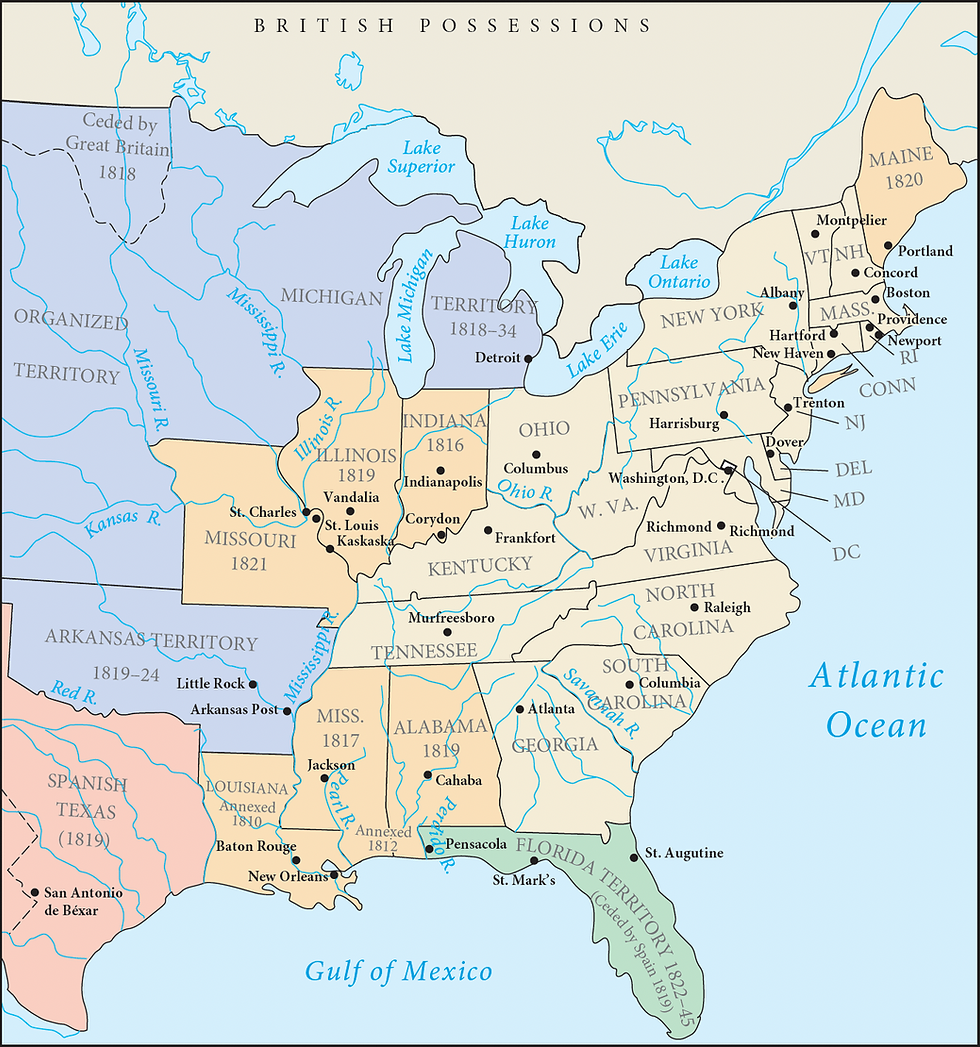The Pope’s Republican Encyclical: February 16, 1892
- Catholic Textbook Project
- Feb 10, 2023
- 4 min read
This text comes from our book, Light to the Nations II: The Making of the Modern World.
Leo XIII was the first pope in many centuries to begin his reign without temporal power. Like his predecessor, Pius IX, Leo protested against the Italian government’s seizure of the Papal States and refused to leave the Vatican, where he kept himself a voluntary “prisoner.” Like Pius IX, Leo vigorously opposed Liberalism and insisted on the Church’s rights as the teacher and guide of human society. Yet, in other respects, Leo XIII was a very different pope from Pius IX. Where Pius IX stoutly defied the modern world and inspired Catholics with the spirit of a warrior, Leo XIII was eager to find opportunities to create friendships and reconcile differences.

A skilled diplomat, Leo XIII was able to improve relations between the Holy See and the world’s rulers. His reconciliation with the German Empire grew into a kind a friendship between himself and Kaiser Wilhelm II, who visited Leo at the Vatican in 1888, 1895, and 1903. Bismarck himself had even warmed to Leo and asked him to mediate a dispute between Germany and Spain. During the first years of his reign, the pope signed a number of concordats with many foreign governments, including with the Ottoman sultan, the shah of Persia, and the emperors of China and Japan. Leo’s dealings with Russia caused Tsar Aleksandr III to ease up somewhat on his persecution of Catholics. Only with Italy was Leo uncompromising; like Pius IX, he forbade Italian Catholics to vote or run for political offices in the kingdom of Italy as long as it continued to refuse to restore the government of Rome to the Church. Still, the pope’s relations with the Italian king, Umberto I, were friendly. A serious Catholic, Umberto wanted to restore the pope’s temporal power; but he could do nothing, because his parliament opposed it.
Among Pope Leo’s major worries was the anticlerical government in France. Leo thought one of the chief difficulties preventing reconciliation between the Third Republic and the Church was that many French Catholics were devoted to the French monarchy and opposed to the republic. This, the pope thought, created an unnecessary division between French Catholics and their fellow citizens. It hurt the cause of the Church, for it made it appear that the Church was always and everywhere a supporter of monarchy and an opponent of republicanism.

Cartoon lampooning attempts by members of the French national government who sought to create a “new spirit” of tolerance toward religion. In the background, Pope Leo is depicted as rolling a barrel marked Esprit Nouveau with French Premier Carnot
To dispel this idea, Leo issued an encyclical written in French, Au Milieu Des Sollicitudes, on February 16, 1892. In this encyclical, Leo told French Catholics that the Church supports any form of government, as long as it serves the common good of the citizens. A republic, said the pope, is a valid form of government, and in France it had become the established government. French Catholics, said the pope, should thus support the republican form of government and abandon attempts to reestablish the monarchy. By uniting in support of the republic, said the pope, French Catholics could more effectively bring their government into line with Catholic principles.
Though some French Catholics followed the pope’s call and rallied around the republic, the pope’s encyclical did not have the effect he hoped it would. Many French Catholics remained monarchists, both because they felt a deep sense of fidelity to the Bourbons and on account of the French government’s hostility to the Church. The French government, for its part, remained antireligious. In 1901, it placed new restrictions on clergy and religious orders in France. The following year, it forbade religious orders and congregations to teach in schools and closed thousands of Catholic schools. Pope Leo XIII (who died in 1903) did not live to see the worst laws. In 1905, for instance, the French government discontinued its concordat with the Church, took control of all Church property in France, and proclaimed the state entirely separate not only from the Church, but from any idea of God.
The French republic’s attacks on the Church did, however, have some benefits. Since the state no longer recognized the Church at all, it no longer tried to interfere in the government of the Church. The pope could appoint bishops without consulting the government, and bishops could freely choose their parish priests. Without government support, French priests had to rely more on the donations of their congregations or even engage in manual labor to earn money— which, in many cases, brought them closer to their flock. Lay Catholics in France, too, seemed to take their faith more seriously; and, though many French had fallen away from the Faith, the Church in France was beginning to undergo a spiritual, cultural, and intellectual renewal.
Portrait of a Narcissist
The very day Pope Leo XIII issued Au Milieu Des Sollicitudes, the opera Werther, by French composer Jules Massenet, premiered in a German-language version in Vienna. In this clip from Act III of the opera, the narcissistic and suicidal Werther sings the aria Porquoi me Reveiller, hoping to lure his beloved Charlotte from her husband, Albert.


